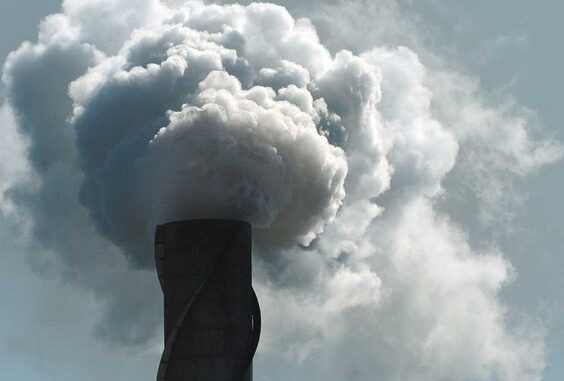
Late last year, the Trudeau government unveiled its new climate plan, which calls for the federal carbon tax to reach $170 per tonne by 2030, with revenues rebated to households or spent by Ottawa. This plan will, among other things, increase government budget deficits, which have already hit historic highs during the COVID-recession, resulting in rapidly rising government debt across Canada. According to a new study co-authored by one of us (Aliakbari) and Ross McKitrick of the University of Guelph, once the carbon tax is fully implemented, combined federal and provincial deficits will increase by another $24 billion annually.
At the moment, the federal government expects to borrow more than $380 billion in 2020-21 and more than $650 billion between now and 2025-26 — not including either the $70 billion to $100 billion it has already said it plans to spend to stimulate the economy post-COVID or any new spending beyond that — which is likely to be financed by borrowing — that it may announce in this spring’s federal budget.
As of the end of February, most provinces were reporting budget deficits for the current year and into the future. In total, the provinces expect to borrow $91.6 billion in 2020-21, with Ontario ($38.5 billion), Alberta ($20.2 billion), British Columbia ($13.6 billion) and Quebec ($12.3 billion) leading the way.
It’s in this fiscally daunting context that Ottawa has raised the federal carbon tax, from a previous maximum of $50 per tonne of carbon emissions to $170 per tonne by 2030. Again, while it may sound counterintuitive, this higher carbon tax will cause larger government deficits, for two main reasons.
First, according to the Trudeau government’s plan, most of the revenue (90 per cent) collected from the carbon tax is scheduled to be returned to households via lump-sum rebates — and the government has not indicated this policy will change as the tax increases. The total estimated cost of the rebate in 2030, when the tax reaches $170 per tonne, is $27.3 billion.



